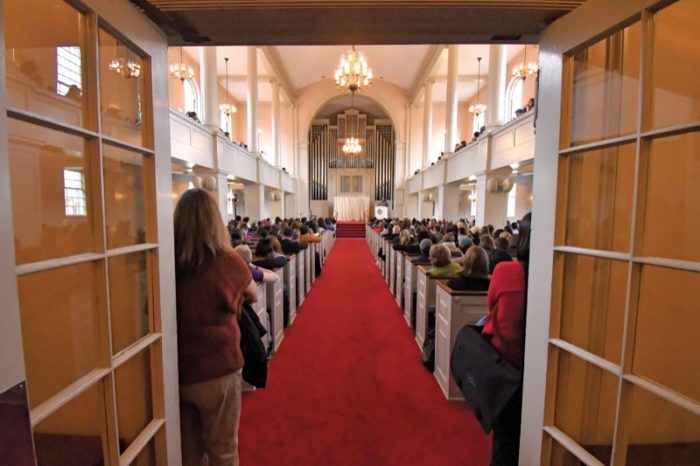Looking at race



“Come and challenge what you think you know about race.”
That invitation filled Cole Memorial Chapel with students, faculty and staff on Sept. 18, 2017, for a teach-in titled “Understanding Race After Charlottesville.” The purpose of the gathering was to emphasize the importance of evidence-driven discussions on race. The essays below are from the September teach-in and a talk delivered on race and inclusion that took place in October 2017.
Read the full story…
By Donna Kerner, William Isaac Cole professor of anthropology
By Karen McCormack, associate professor of sociology
By John Bezis-Selfa, associate professor of history
By Peony Fhagen, associate professor of psychology
By Donna Kerner, William Isaac Cole professor of anthropology
As an anthropologist, I want to make three points about race:
By Karen McCormack, associate professor of sociology
Race is very much a part of our social structure and is much larger than the individual.
By John Bezis-Selfa, associate professor of history
Race and races are never born but always made; they are real, but they are not immutable—they change.
By Peony Fhagen, associate professor of psychology
We often ask the question: why is it so hard to rid our society of racial labeling and racism? The answer is surprisingly simple: because both are culturally constructed concepts that are easily learned by young children without any direct instruction and are passed down from generation to generation.